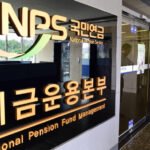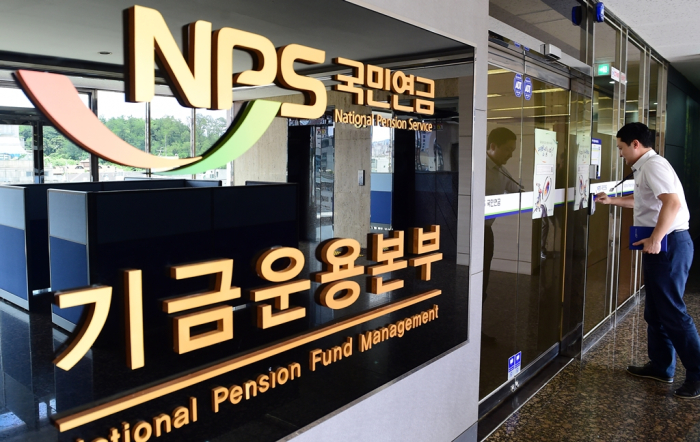
South Korea’s National Pension Service (NPS) plans to invest 2 trillion won ($1.4 billion) in the domestic real estate market next year to gain from an expected recovery in the commercial property sector amid low-interest borrowing costs.
The investment amount, its largest annual investment to date, will extend beyond office buildings to include new growth segments such as data centers, logistics hubs and self-storage facilities, people familiar with the matter said on Wednesday.
The state-run pension fund, the country’s largest institutional investor, will increase its allocation to domestic real estate core platform funds to about 2 trillion won in 2025 and is discussing detailed plans with market participants, investment banking industry sources said.
Real estate core platform funds primarily target high-value properties. The NPS has contributed between 300 billion won and 500 billion won annually to such funds since 2016.
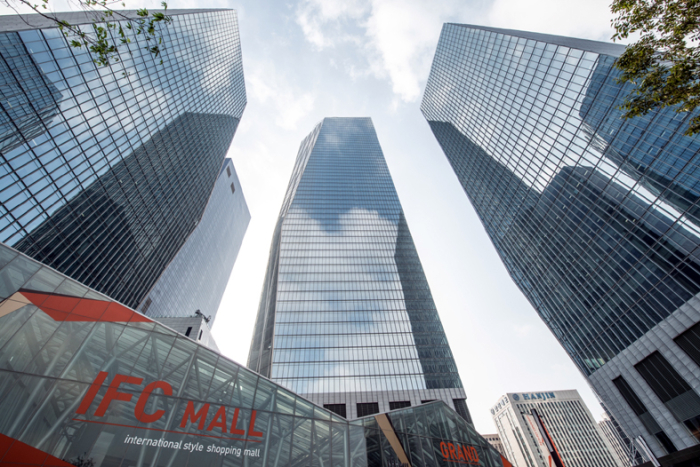
For next year, the state fund originally planned to allocate 750 billion won to three fund managers. But now it plans to pick four to six more asset managers to allocate up to 1.5 trillion won additionally, raising the total fund size to as much as 2.25 trillion won, according to sources.
The figure represents about 30% of the 5.9 trillion won the NPS has invested in the domestic real estate market since its inception.
Given that fund managers typically use NPS contributions as seed money to attract additional investments, the commercial property market could see liquidity inflows exceeding 10 trillion won – close to the market’s total size of 14.8 trillion in 2023.
“The NPS seems to have determined that the timing is ripe for property investment, given the low-interest environment and the recovery of urban rental rates,” said one of the sources.
CAUTIOUS ABOUT DOMESTIC PROPERTY INVESTMENT
The NPS, the world’s third-largest institutional investor, has been relatively cautious about investing in the domestic real estate market since it entered the market in 2004.
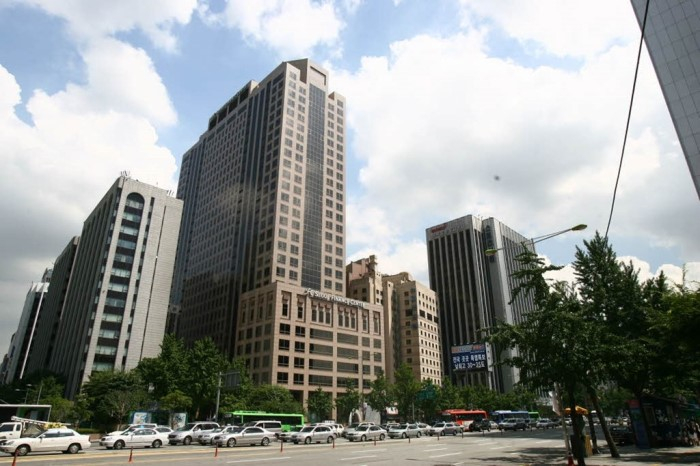
Notably, the fund acquired Gran Seoul in 2011 with 1.2 trillion in investment, followed by Starfield Goyang in 2016 for 380 billion won, and Centerfield in 2018 for 500 billion won.
The NPS, however, significantly cut property investments as market interest rates began rising in early 2020.
Its latest major investment was in 2021 when it acquired One Grove in Seoul’s Magok district for 2.3 trillion won.
“Foreign investors and managers have dominated the emerging local property sectors such as Internet data centers, urban logistics hubs and self-storage facilities. The NPS’s large-scale investment could strengthen the influence of domestic investors,” said an industry official.
In its recent call for proposals for core platform fund investments, the NPS specified that over 30% of funds should target “new economy” sectors, reflecting a shift in investment priorities, while limiting traditional assets such as offices to a maximum of 70%.
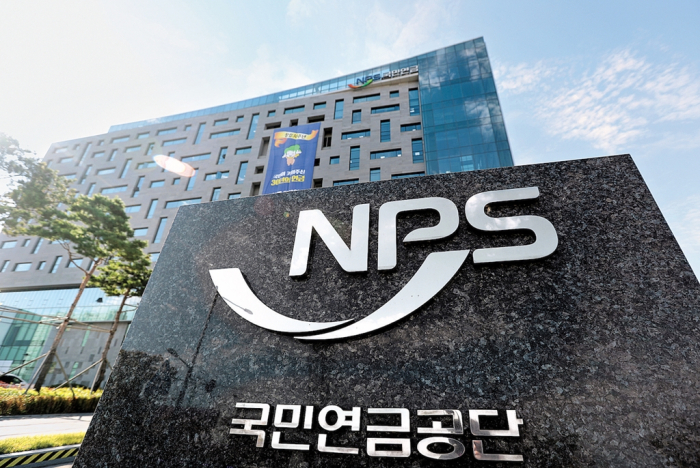
COMPETITION WITH FOREIGN ASSET MANAGERS
The Korean real estate market has been largely dominated by foreign investors, particularly as domestic institutions like the Korean Teachers’ Credit Union and the Military Mutual Aid Association scaled back their activities to focus on managing existing assets.
Foreign players quickly stepped in, with Blackstone Inc., which manages a $325 billion global real estate fund, acquiring SM Group’s Gangnam headquarters and a logistics center in Gimpo earlier this year.
Global real estate investment firm LaSalle Investment Management Inc. has purchased two logistics centers in Anseong, Gyeonggi Province, for 6.3 billion won, while Canada’s Brookfield Asset Management Ltd. is pursuing the acquisition of a logistics center in Seongnam, Incheon.
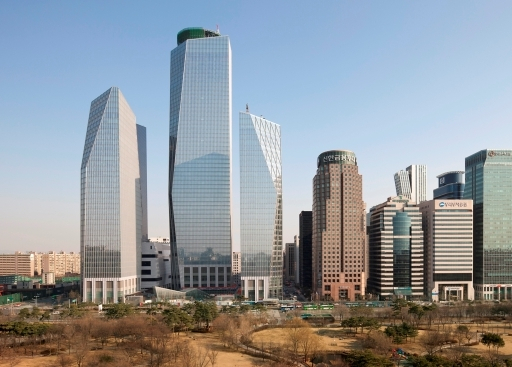
Canada Pension Plan Investments Board is also actively expanding in Korea, with its plan to spend 1 trillion won to buy data centers.
The commercial rental housing market is similarly dominated by foreign firms such as KKR & Co. and Morgan Stanley, which have established a foothold in Korea’s residential leasing sector.
These foreign investors seek high returns by leveraging local resources by relying on domestic asset managers to source assets.
Singapore’s GIC Private Ltd., the world’s sixth-largest sovereign wealth fund, operates SMA, or separately managed account, funds with local asset managers, pooling deal information to selectively pick the most profitable investments.
By Byeong-Hwa Ryu
hwahwa@hankyung.com
In-Soo Nam edited this article.




